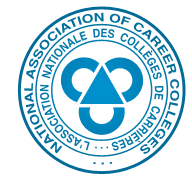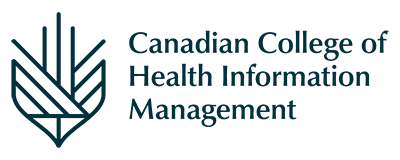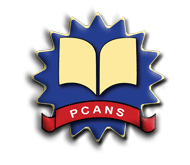National Volunteer Week
In among the alerts of assignments submitted and meeting notifications, yesterday I found an email from CHIMA thanking me for participating in different initiatives. Until I received the email, I had forgotten that it was National Volunteer Week, a time to acknowledge those who provide services without remuneration to an organization. While I am of course grateful for the acknowledgement, it does make me wonder about volunteering: why do I do it, why do others, does it really make a difference?
There is a segment of the HIM profession that believes that their dues should cover all costs for running the Association: from paying the CEO and staff, the costs of running a business (from stamps to technical support and rent), the costs of publications, hosting sessions for members, and of course everything associated with profiling the profession. Such profiling is a core function that requires meetings and conference calls with people in government, industry, education, health, technology and the membership from coast to coast. It means the creation of White Papers and research proposals. It means presenting at conferences and interviews with media. What isn’t appreciated is just how many committees/task teams/informal groups of volunteers are needed to do these vast array of activities. From ensuring that the Association operates within the laws and mandates of federal legislation, to developing exam questions and writing Professional Practice Briefs, to participating on ICTC working groups, every activity has a strong element of volunteers who donate their time for the profession.
So why do I do it? I don’t frame it as volunteering; I think of it as being a professional. That is (to me) an element of being a professional: to support the activities of the Association, to have an opportunity to provide an opinion, to garner insight into the issues and their complexities. To be successful requires understanding the profession broadly, to know about things from more than one perspective. And that knowledge is gained through participation. What better way to participate than as a volunteer?





